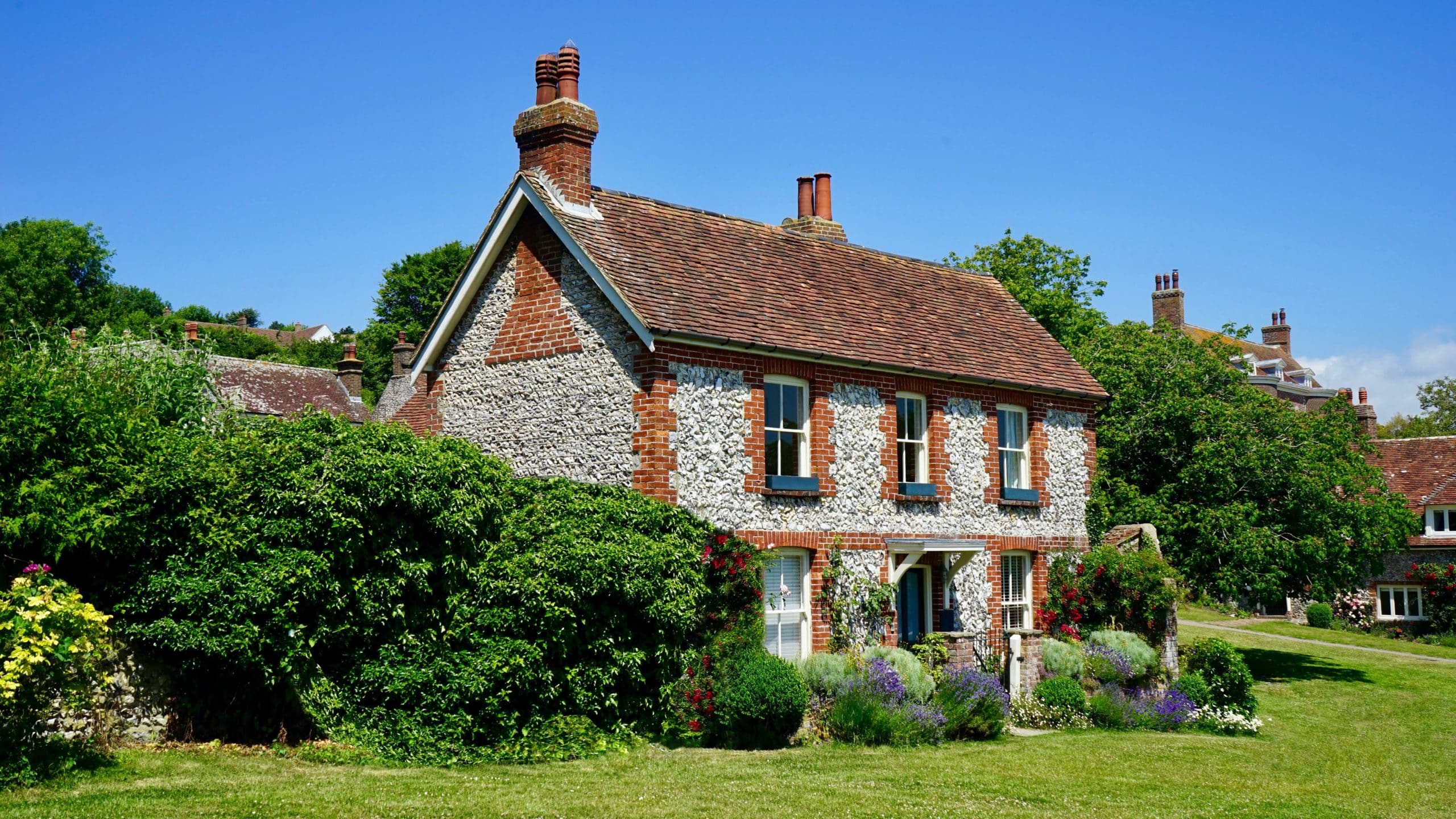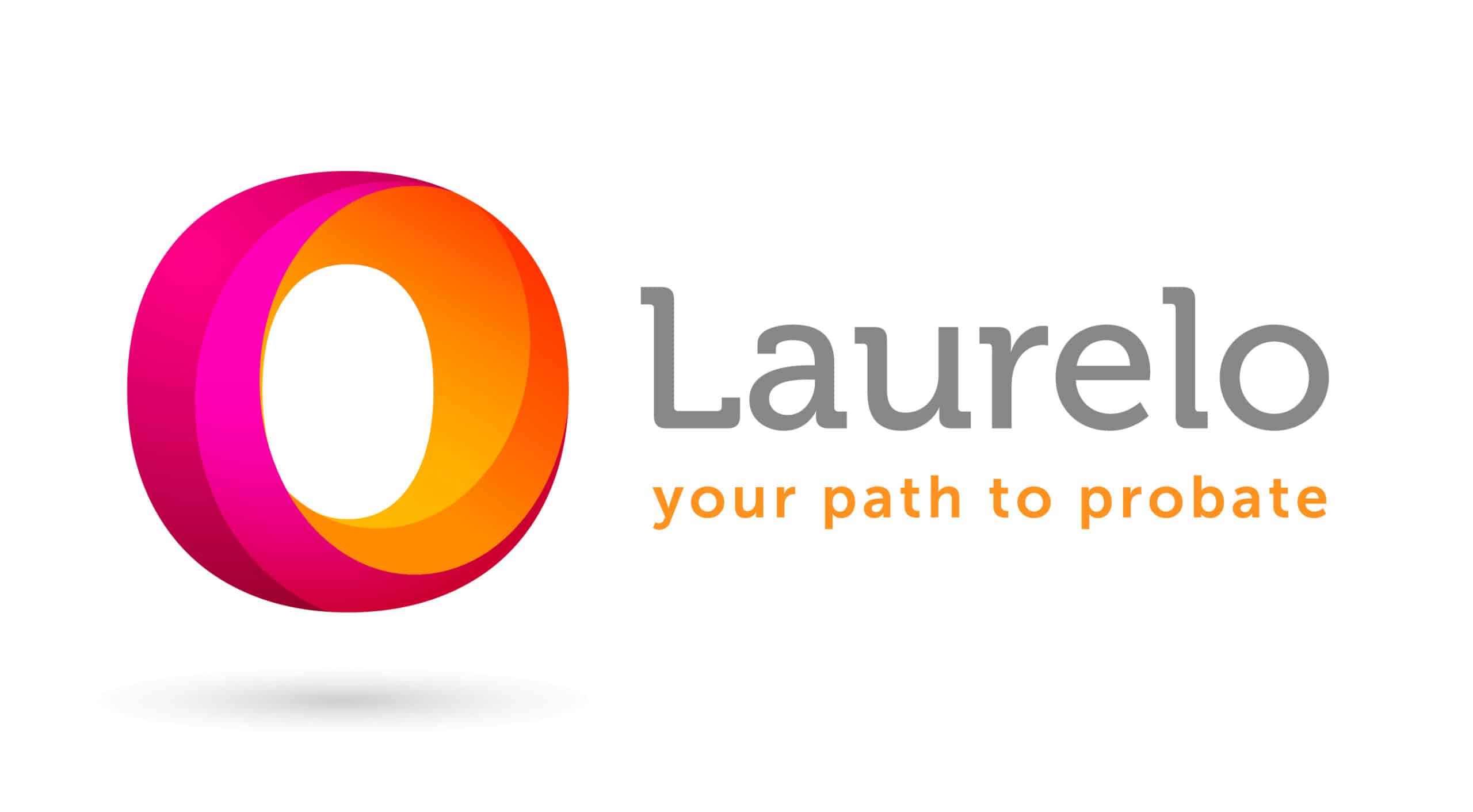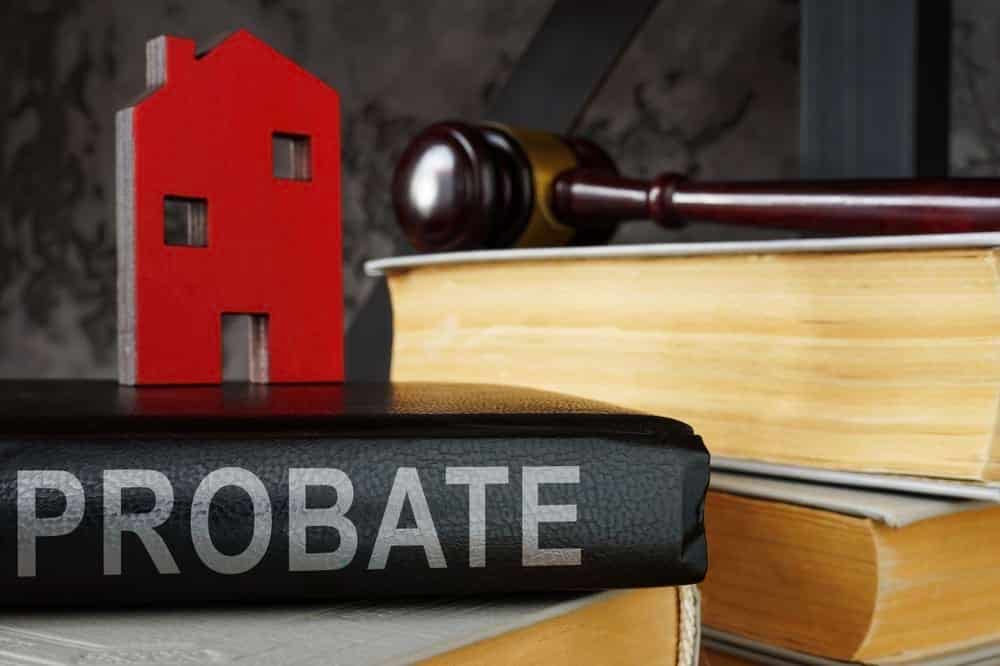Some estates are subject to inheritance tax (IHT) when they are passed on.
This means the deceased’s assets’ value is above the tax-free threshold.
This of course includes inherited property, which is often the most valuable asset.
Property values have increased in many regions in the past thirty years. So, more estates than ever are being caught by this tax.
But there are ways to reduce its impact.
When is inheritance tax due?
Everybody can pass on £325,000 tax-free plus a further £175,000 if your assets include a home.
When a spouse dies, their tax-free threshold is added to that of their surviving spouse. This means passing on £1 million without paying inheritance tax is possible.
Any assets above these thresholds are taxed at 40%.
Residential nil rate band (RNRB)
For estates worth over £2 million, there is an additional tax-free threshold for homes. This is known as the residential nil rate band. It is reduced by £1 for every £2, which is over £2 million.
So, an estate worth £ 2.7 million or more would lose the full £350,000 RNRB a widowed spouse or civil partner is entitled to.
These thresholds are subject to change. It all depends on the government’s policies at the time.
Reducing what is owed
There are ways to limit the amount of inheritance tax you pay legally.
The first and simplest is to leave everything to a surviving spouse or civil partner. This will not be taxed.
You must make a will stating this. If there is no will, known as intestacy, some of the estate will be passed on to children. So, it may be subject to inheritance tax.
Wills can change
Wills can change after someone has passed away if all beneficiaries agree.
For example, it may be more tax-efficient for a surviving parent to receive all assets. Children can agree to change the Will to create this outcome.
Ways to reduce inheritance tax when there is no spouse or civil partner
Gifts
Money or assets gifted seven years before someone dies are not subject to the tax.
Those given within three years will be taxed 40% if part of an estate valued above the inheritance tax threshold. This reduces by 8% each year after that.
You can also give gifts of up to £3,000 tax-free per year. And contributions to weddings or civil ceremonies of children are exempt from up to £5,000.
Trusts
When you set up a trust, you give cash, property or another asset to someone to use for the benefit of a third person.
They are not counted as part of your estate when you die as long as none of the following benefit:
-
You
-
Your spouse
-
Your children under 18.
You could set one up for your adult child to help them pay for the cost of caring for someone.
It’s essential to be aware that some trusts attract income and capital gains tax.
Charity
Everything you leave to charity is tax-free. Leaving 10% of your estate to charity will reduce your IHT rate from 40% to 36%.
Insurance
Taking out life insurance won’t reduce your IHT bill. But it will give those inheriting your assets money to help them cover the costs.
The policy should be placed in trust to ensure it is not added to the estate’s value.
Equity release
Equity release is a way of taking value from a home and passing it on as a gift during your lifetime. Bear in mind that it will avoid IHT if given seven years before your death.
This will add debt to your estate that must be paid, usually when you die. So, it’s essential to work out if the tax savings are worth it.
As you plan your inheritance, it’s a good idea to talk to an expert before making any big decisions.
Paying the bill
Once the value of an inherited estate has been calculated, the beneficiaries will have to pay any due inheritance tax.
If there’s enough money in a bank account or an inherited investment, the bank can usually directly pay HMRC.
If there isn’t, beneficiaries will have to pay using their funds or arrange a loan – sometimes known as a probate or executor loan – to cover the cost before getting the money back once the estate is inherited.
However, inheritance tax on assets such as a home can be paid in ten annual instalments.
Working with us
If you inherit a home, it can’t be sold until probate has finished and ownership has been transferred to you.
Once it is legally yours, you may want to sell it quickly to cover a probate loan or recoup other costs.
We can buy your probate home within seven days if necessary, bringing you peace of mind at a difficult time and getting funds into your account quickly.
If you’d like to learn more about our service, please get in touch for a chat.
Probate specialists
The process of executing probate can be stressful and highly taxing.
Unforeseen complexities can often drag cases out, causing prolonged and unnecessary upset; sadly, many team members can attest to this personally.
Laurelo is a family-owned Probate Specialist, who have over 50 years’ combined experience in guiding executors and families through the probate process.
They offer a bespoke, face-to-face service and take the complexity out of any situation with clear and concise explanations.
Should you require any professional advice on dealing with probate, Laurelo can help. You can learn more about the services they offer here.




















